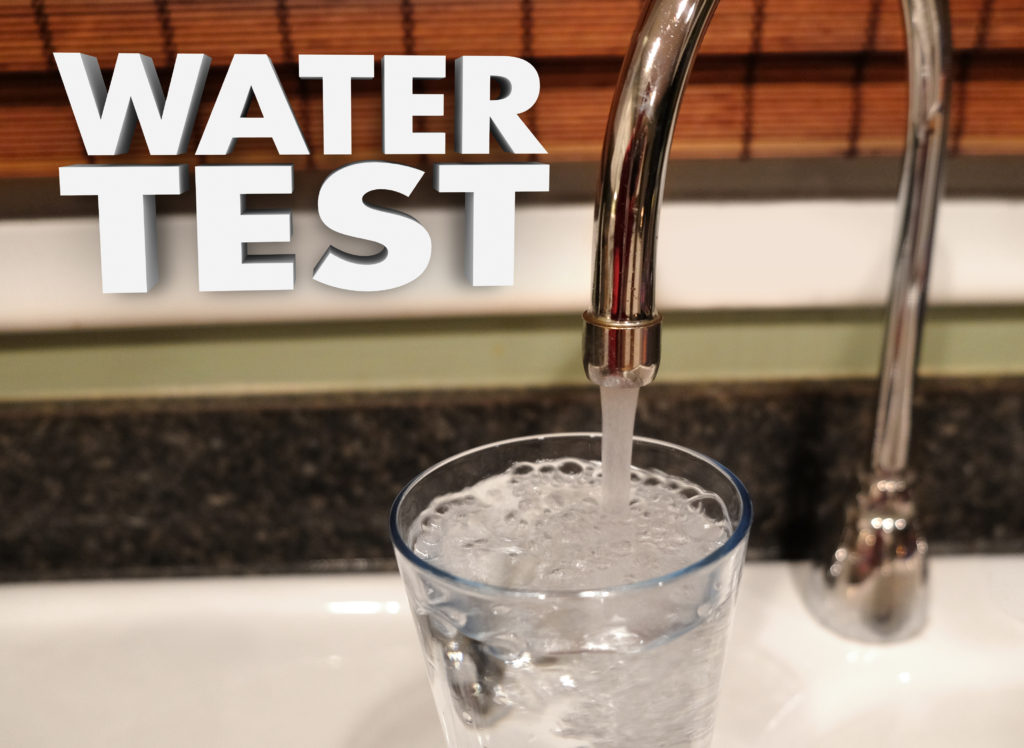Whether you are aware of it or not, there is a good chance that there contaminants in your tap water right now. However, most of these are at a very low level and have been deemed safe by the Environmental Protection Agency or EPA. Still, it is important to know the level of contaminants in your water, which is why well testing in NJ is so important. Read on to learn about some common contaminants found in well water, how they got there, and how you can detect them.

Volatile Organic Chemicals
Volatile Organic Chemicals, or VOC’s, are chemicals that contain carbon. Examples of these chemicals include acetone, benzene, formaldehyde, and ethylene glycol. These chemicals are able to get into the water supply through landfills, septic tanks, improper oil or gasoline disposal, and industrial facilities.
The easiest way to detect VOC’s in your water supply is through taste. If your water has a taste of gasoline or other solvents, then it is most likely contaminated with VOC’s.
Lead
Lead can be found in your water supply as a result of two things. It can come from the corrosion of old water pipes or it can come from the erosion of natural deposits. Either way, having lead in your water supply is not good. Even at low levels, the presence of lead can be a reason for concern. However, the amount of lead depends on a variety of factors including the amount of time the water has been exposed to it, the amount of corrosion on your pipes, the level of acidity in the water, and the temperature of the water.
Any level of lead contamination in your water is cause for concern. Lead accumulates in your body over time and could lead to health issues. It is very important to make sure your water is free of this contaminant. The only way to be sure if there’s lead in your water supply and how much is to have your water tested by a professional.
Iron
Iron is often found in well water. However, the EPA has categorized it as a secondary contaminant and the level of iron in your water is most likely not enough to cause any harm. Even though the level of iron in your water is not likely to be high, you should still watch out for signs of it.
When there is too much iron in your water supply, you should notice a couple of things. For one, your water will have a metallic taste to it, as if you had just put a quarter in your mouth. A more obvious sign that there is too much iron in your water supply is shown by the color of your water. With the presence of too much iron, your water may appear yellowish or brown.
Arsenic
Arsenic is a chemical that comes from weathered rocks and soil. This contaminant is found mostly in the northeastern states of the U.S. This is one of the reasons why well testing in NJ is especially important. Arsenic is a known carcinogen, so it is important to be aware of the arsenic levels in your area and have your water tested whenever necessary.

Well Testing in NJ is Crucial for Healthy Living
The contaminants listed above are just a few of many that can be found in well water. All of these contaminants have varying health effects, from virtually no effect at all to rather serious health issues. It is important to be aware of the contaminants most common in your area, how you can detect them, and know when to have your water supply tested and cleaned.
A1 Well Drilling & Pump Service can handle all of your water treatment needs. Our water well repair services include water quality testing to detect any type of contaminants that may be present in your water supply. If you’re in need of well testing in NJ, let us give you the peace of mind that your drinking water is clean and safe. Contact us today to schedule your water quality test.





